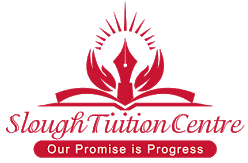Key Stage Two
Subjects
We cater for all subjects at Key Stage 2.
Mathematics
English
Science
English
Mathematics
Science
During key stage 2 pupils learn about a wide range of living things, materials and phenomena. They begin to make links between ideas and to explain things using simple models and theories. They apply their knowledge and understanding of scientific ideas to familiar phenomena, everyday things and their personal health. They begin to think about the positive and negative effects of scientific and technological developments on the environment and in other contexts. They carry out more systematic investigations, working on their own and with others. They use a range of reference sources in their work. They talk about their work and its significance, and communicate ideas using a wide range of scientific language, conventional diagrams, charts and graphs.
